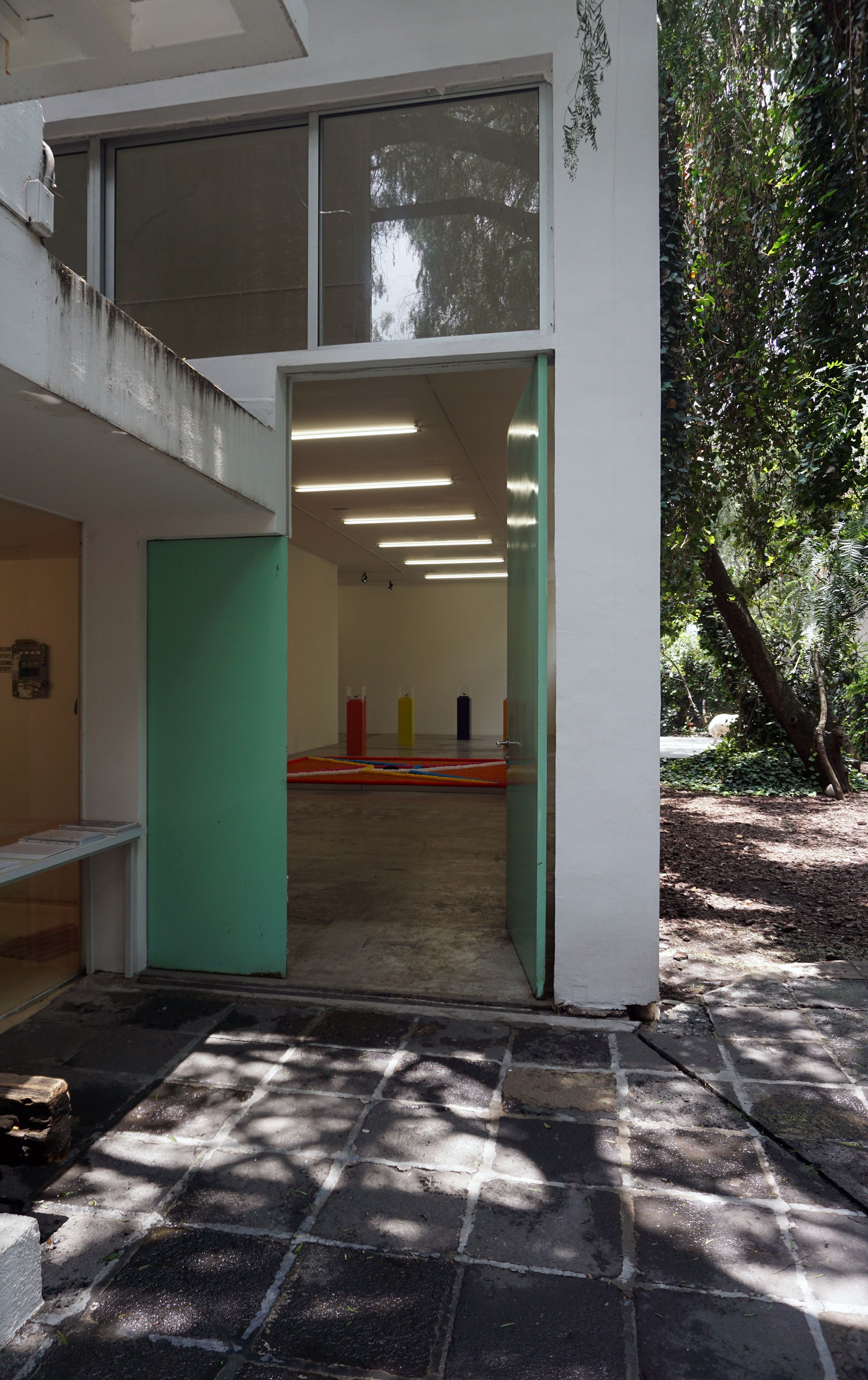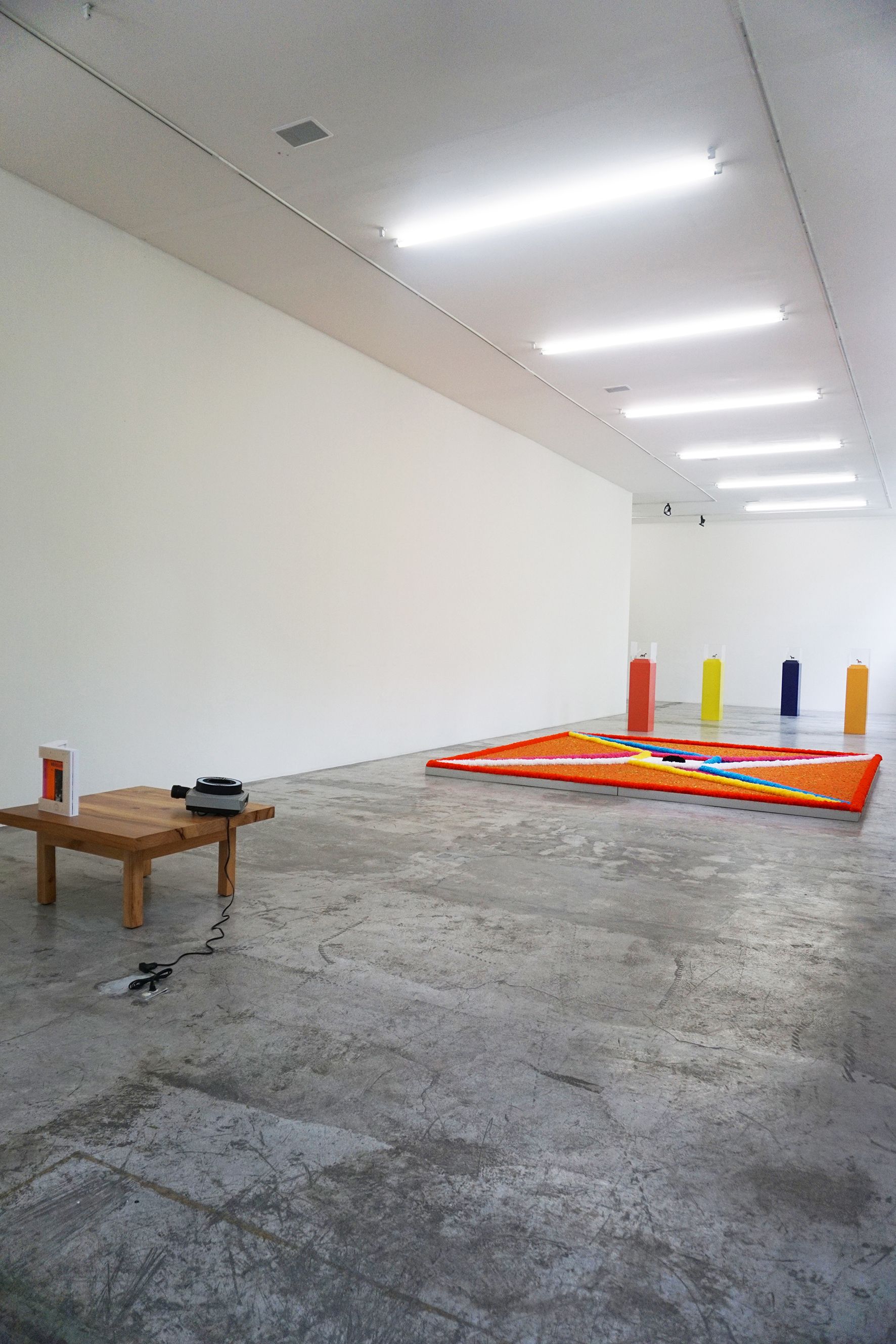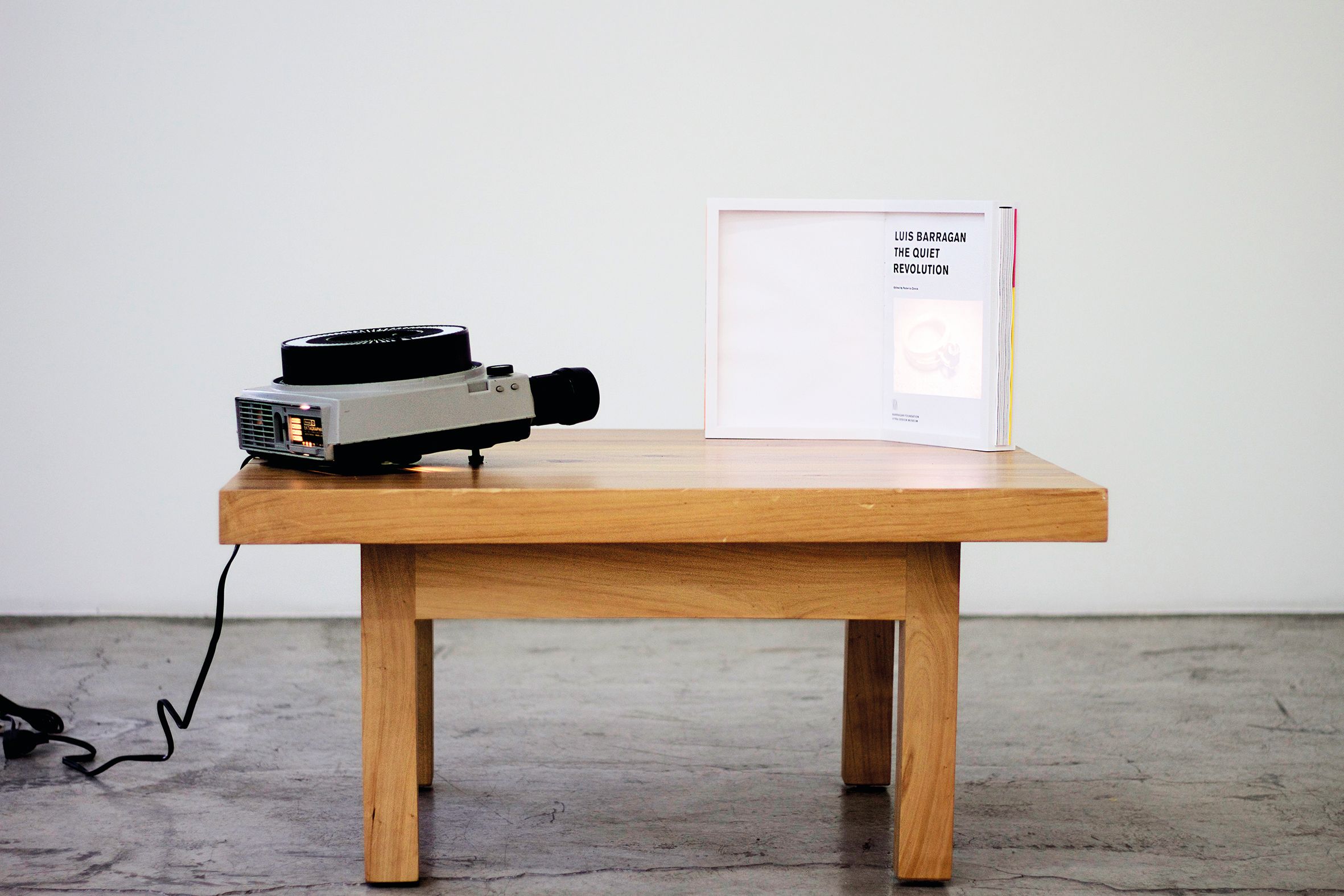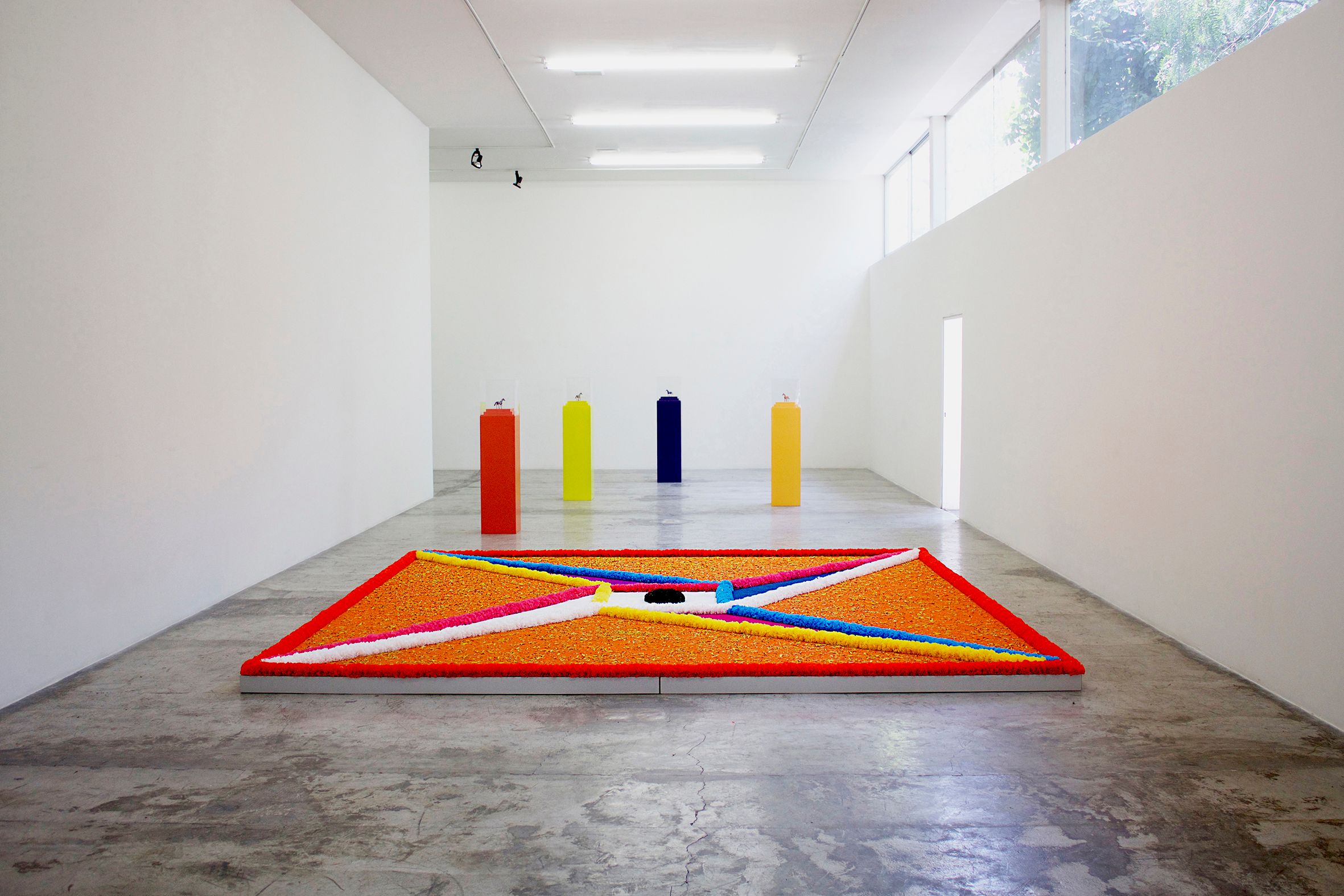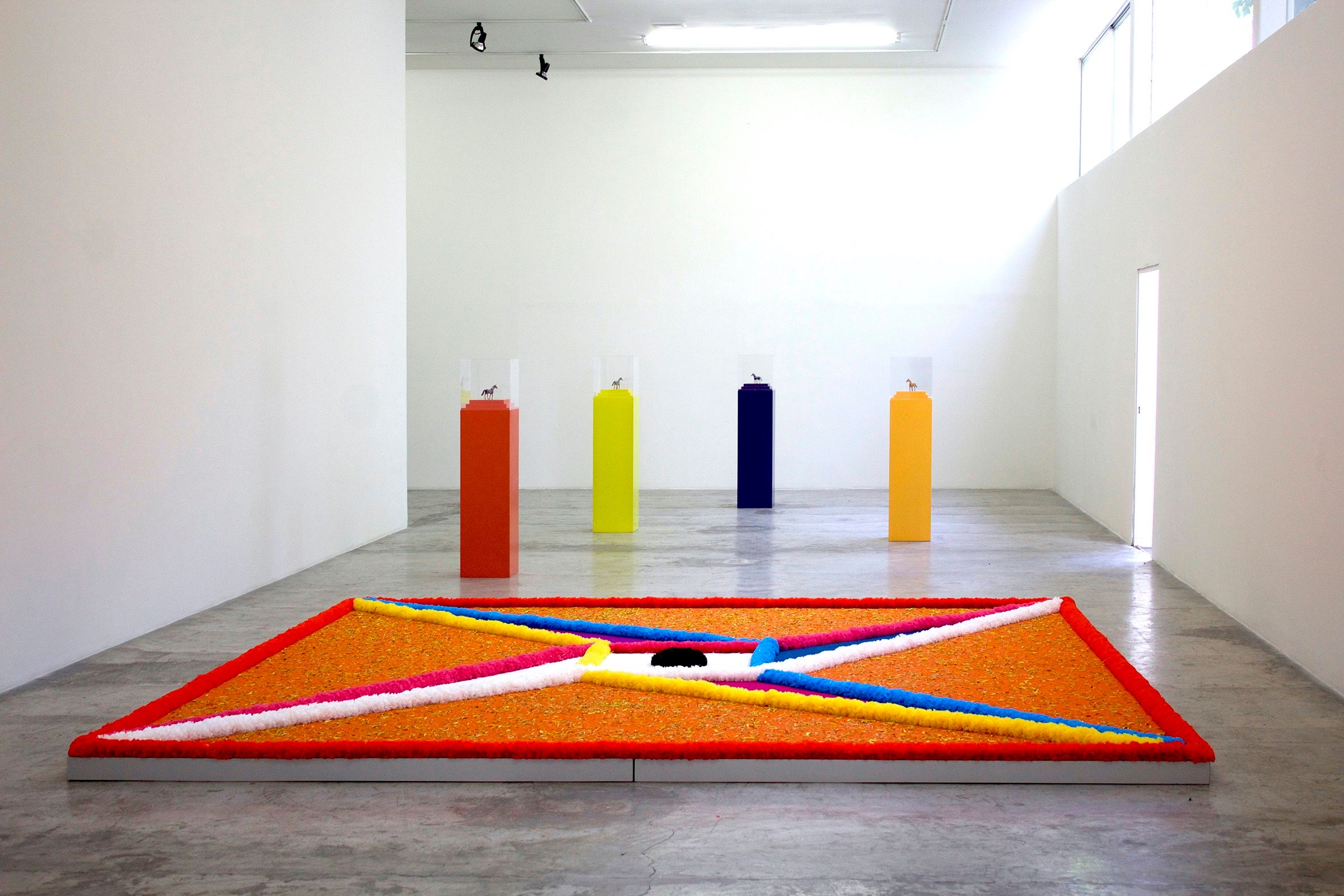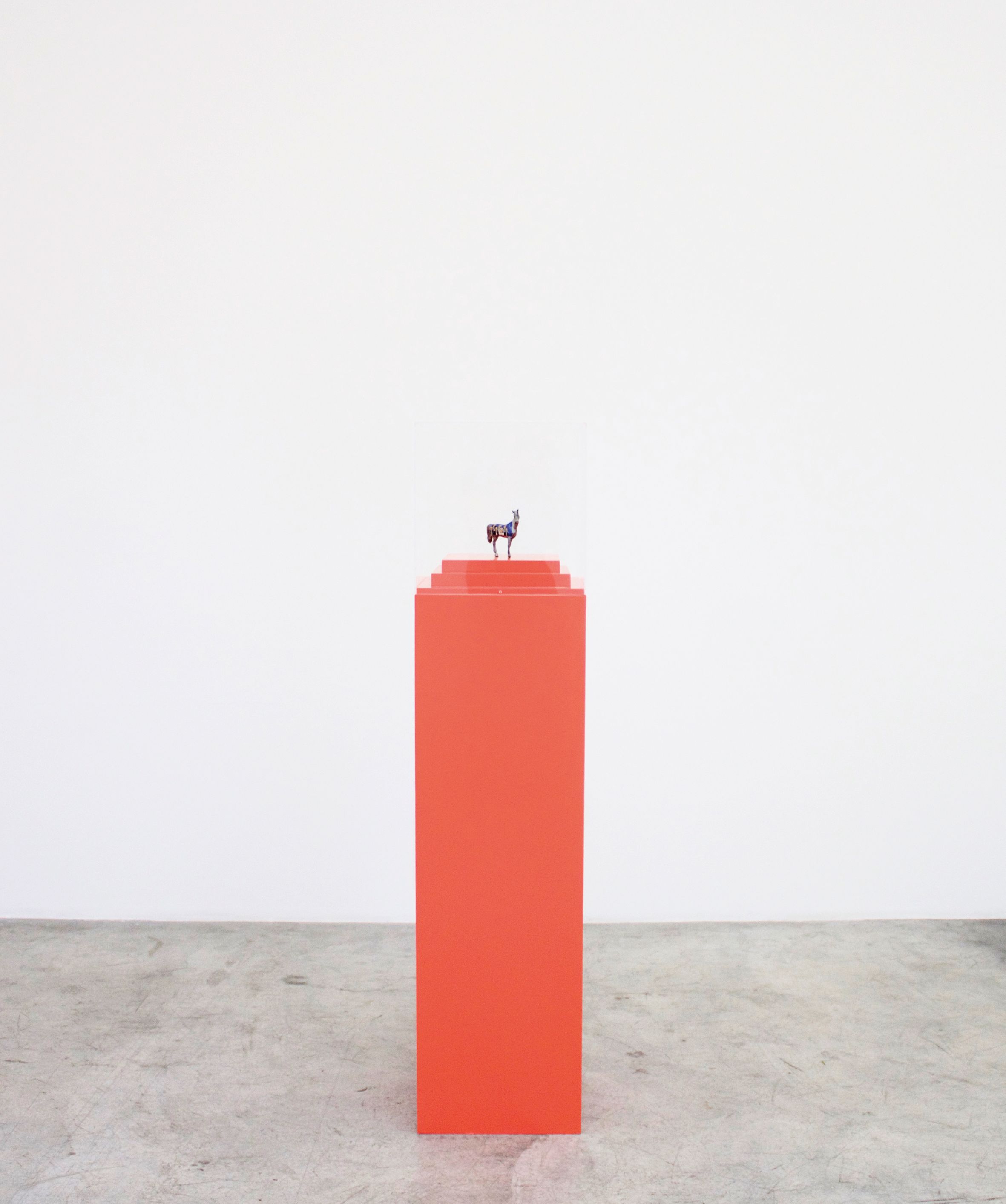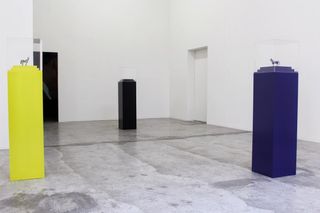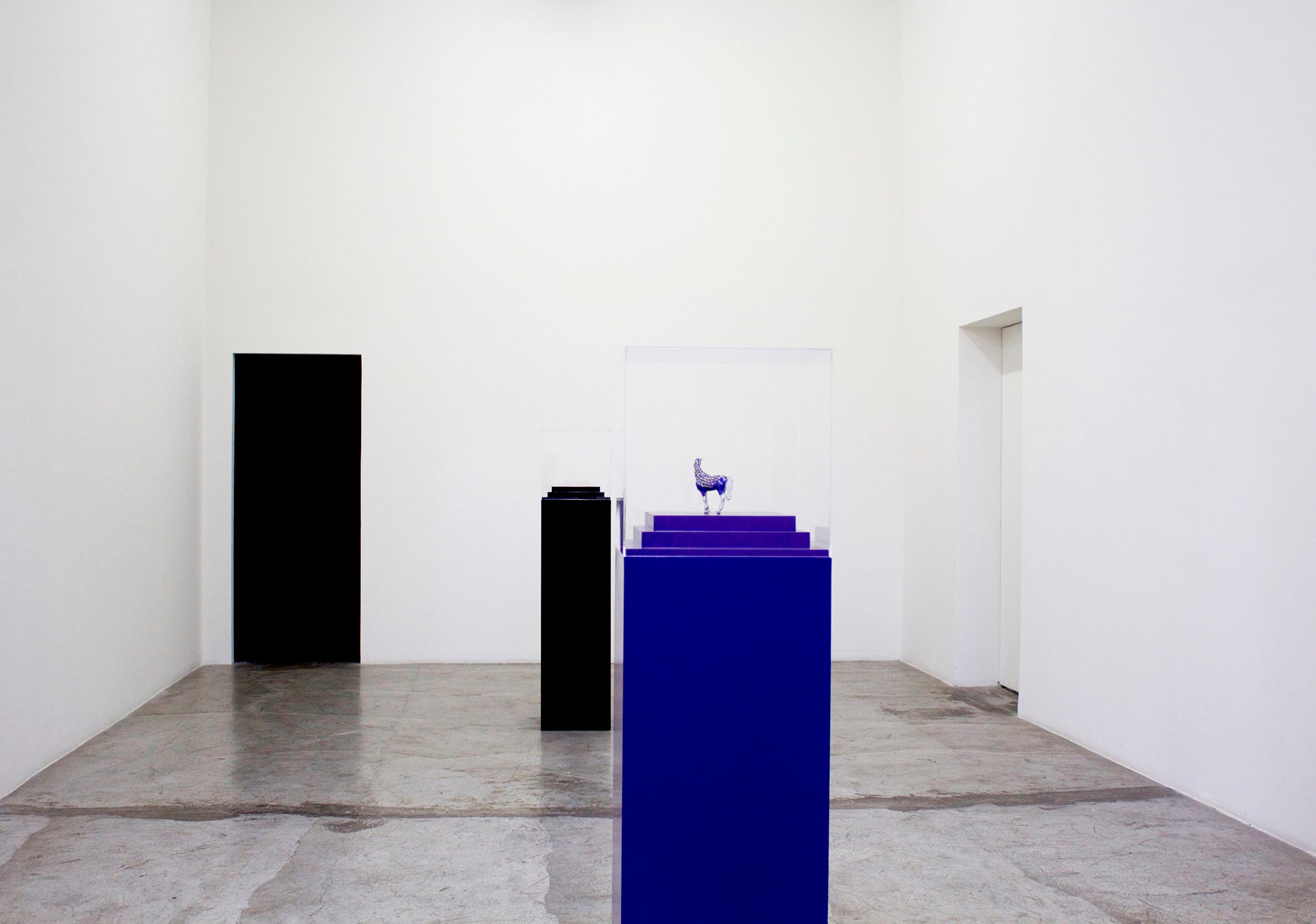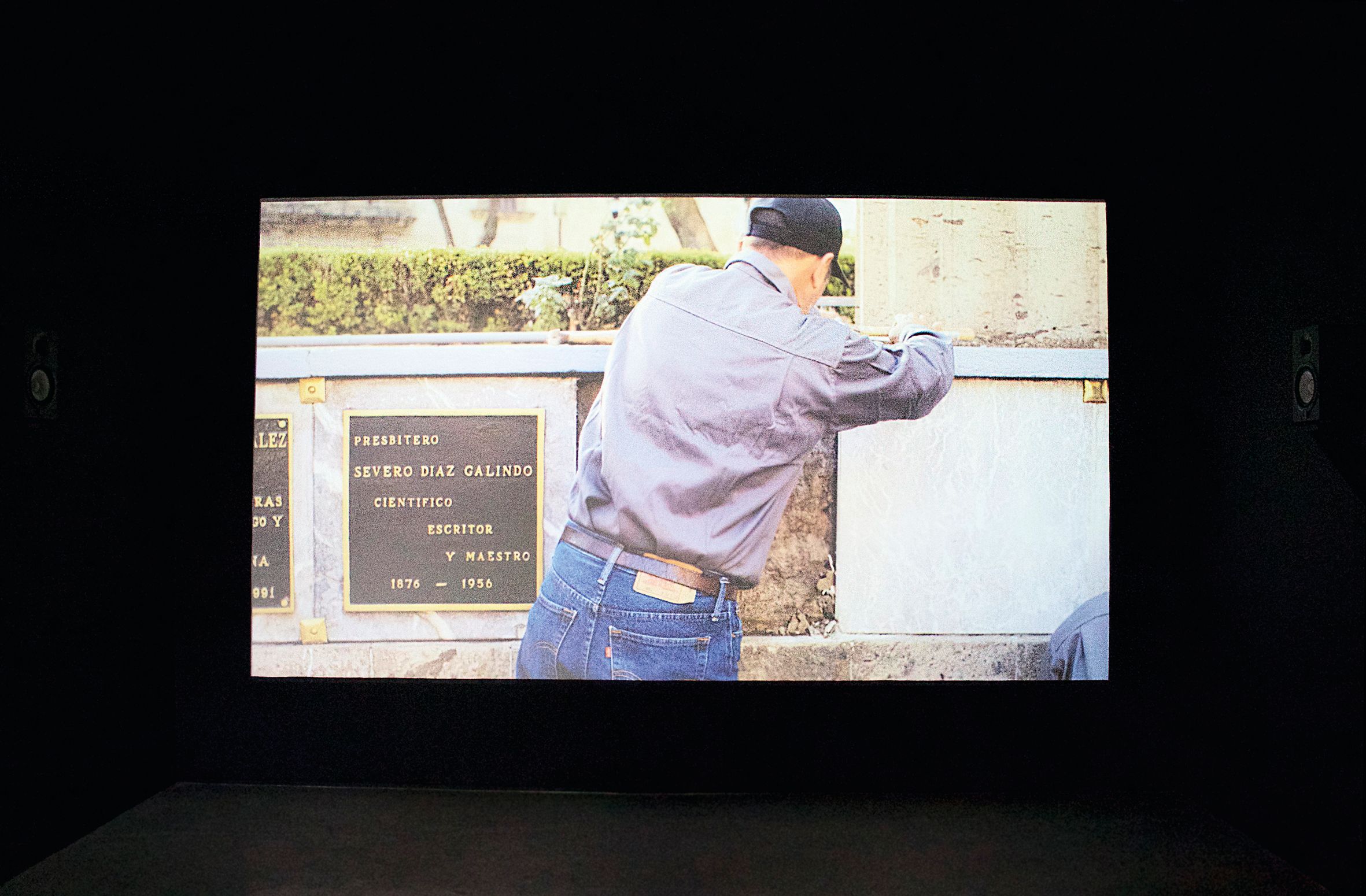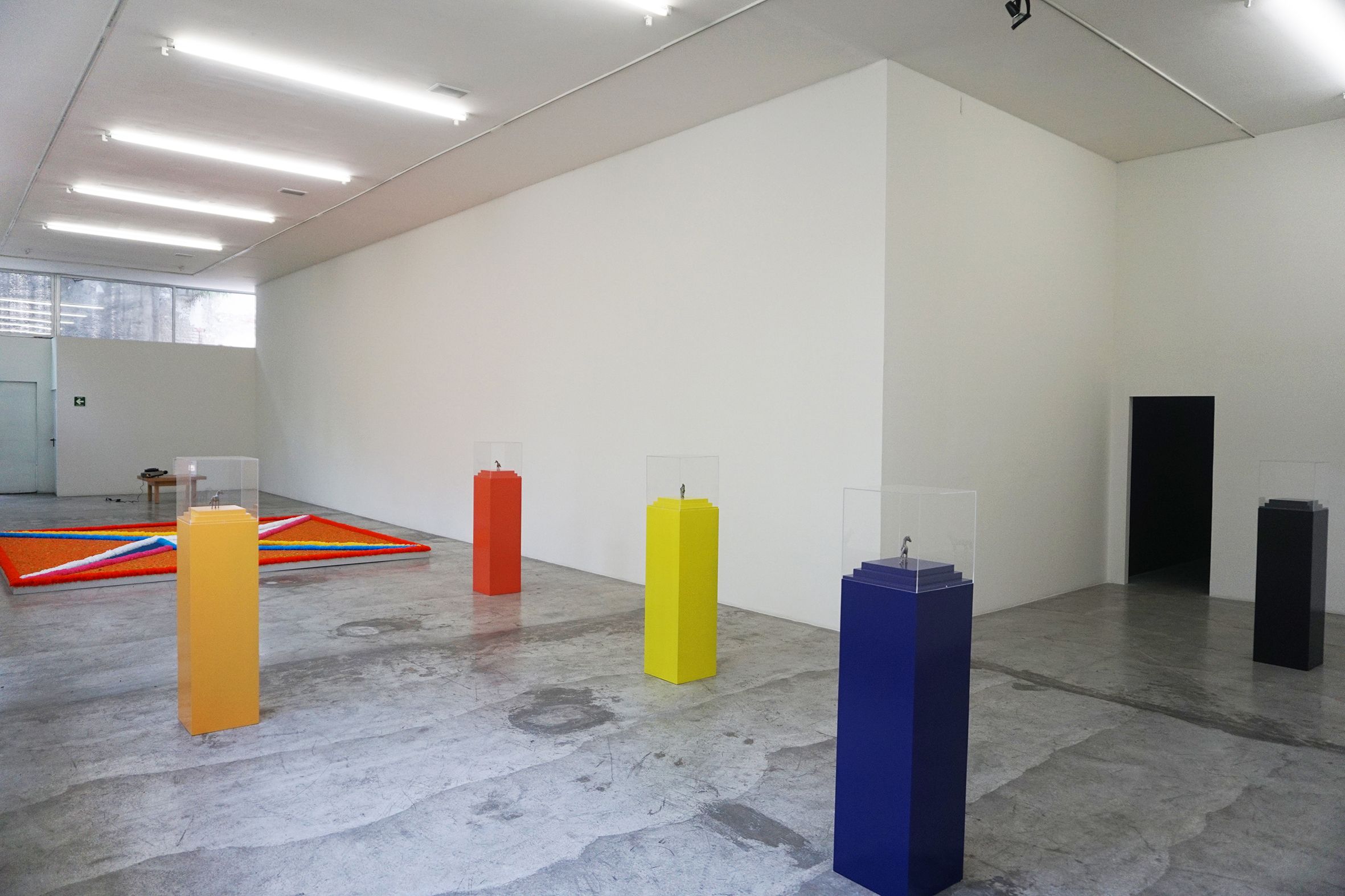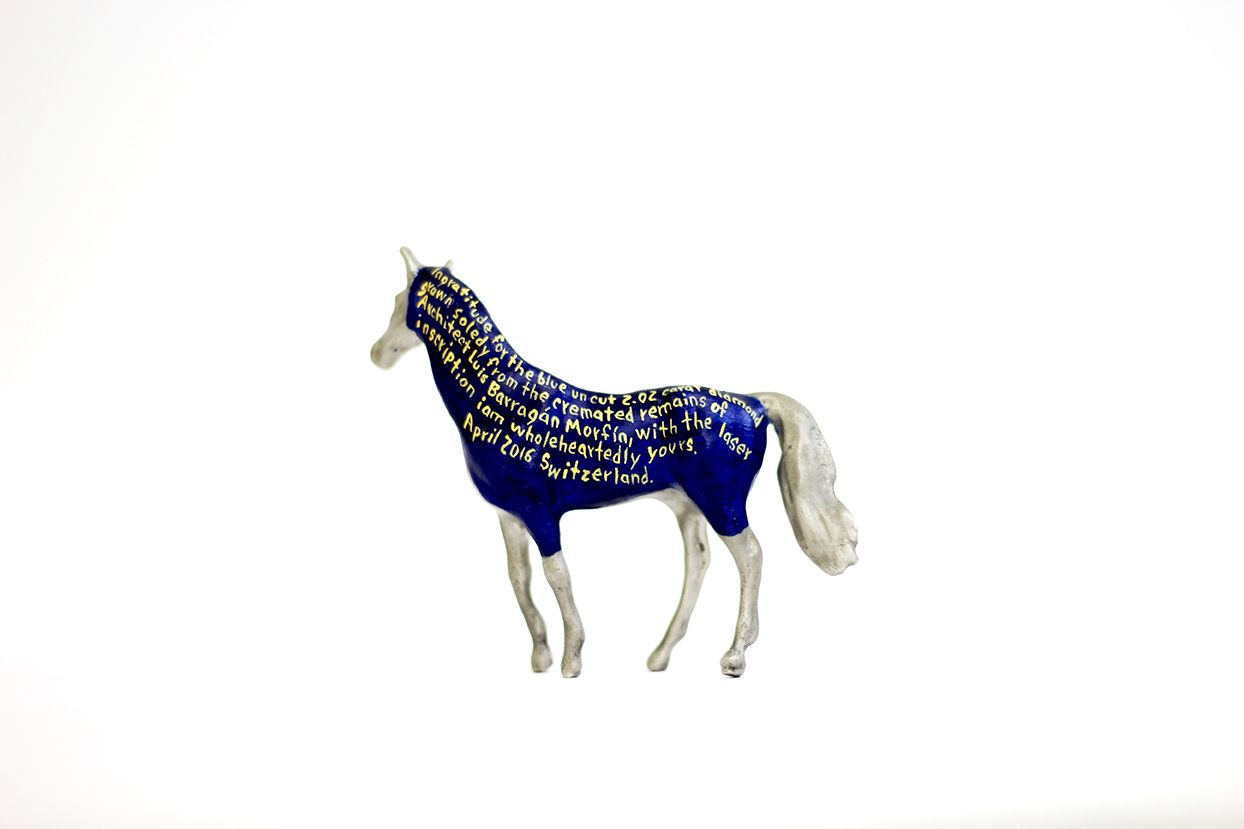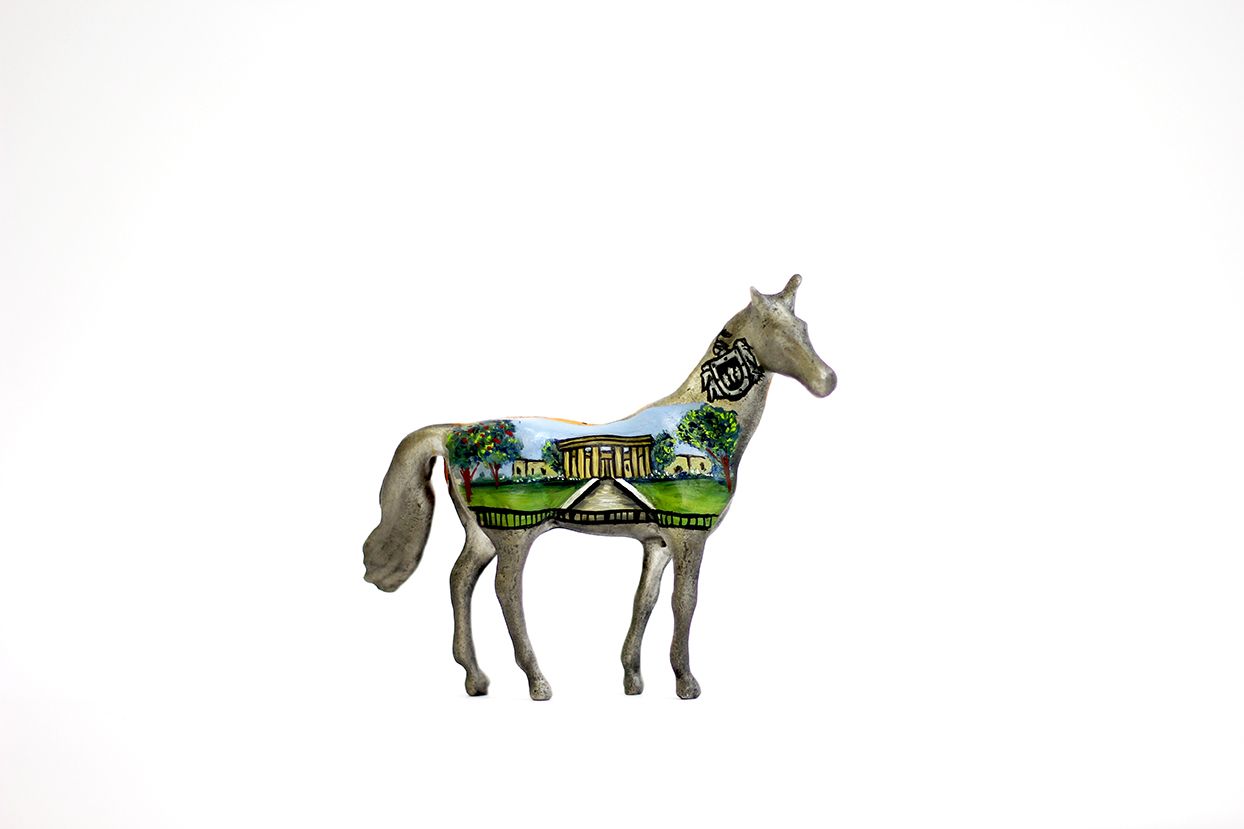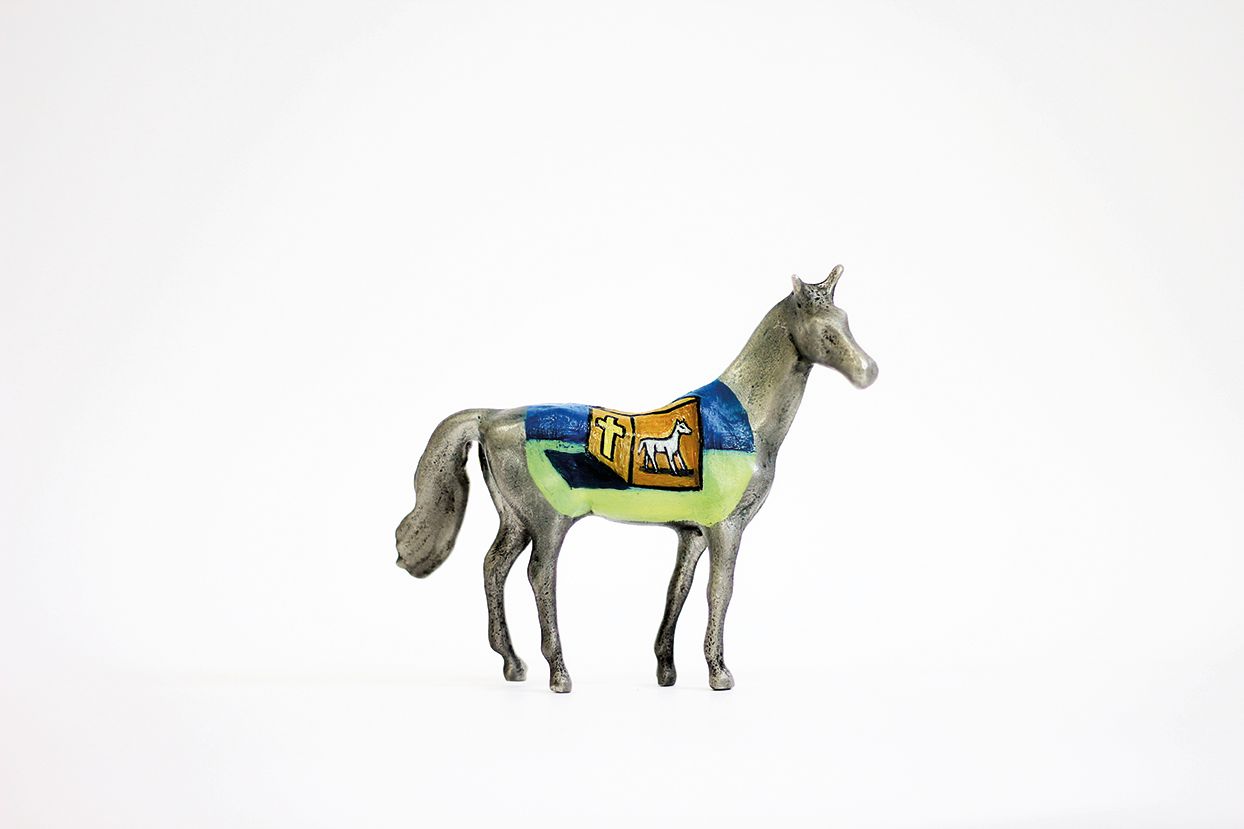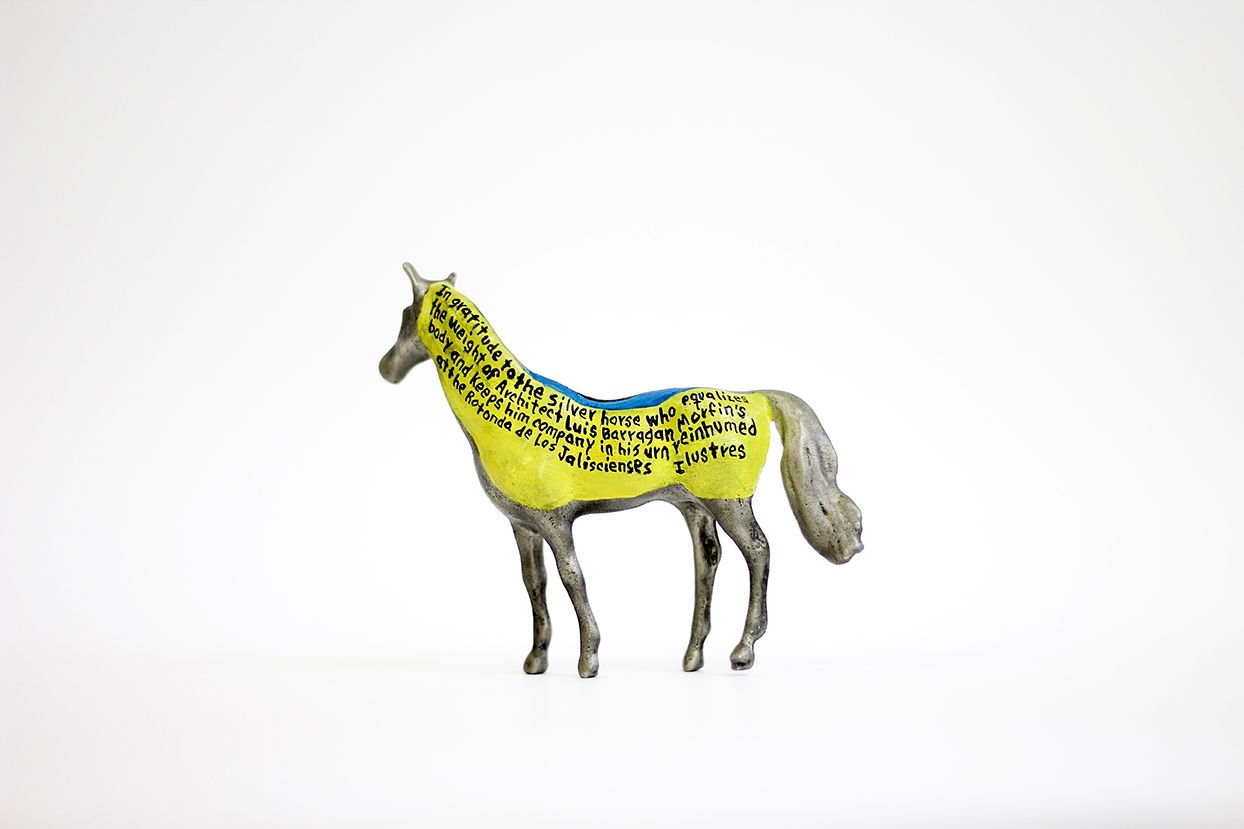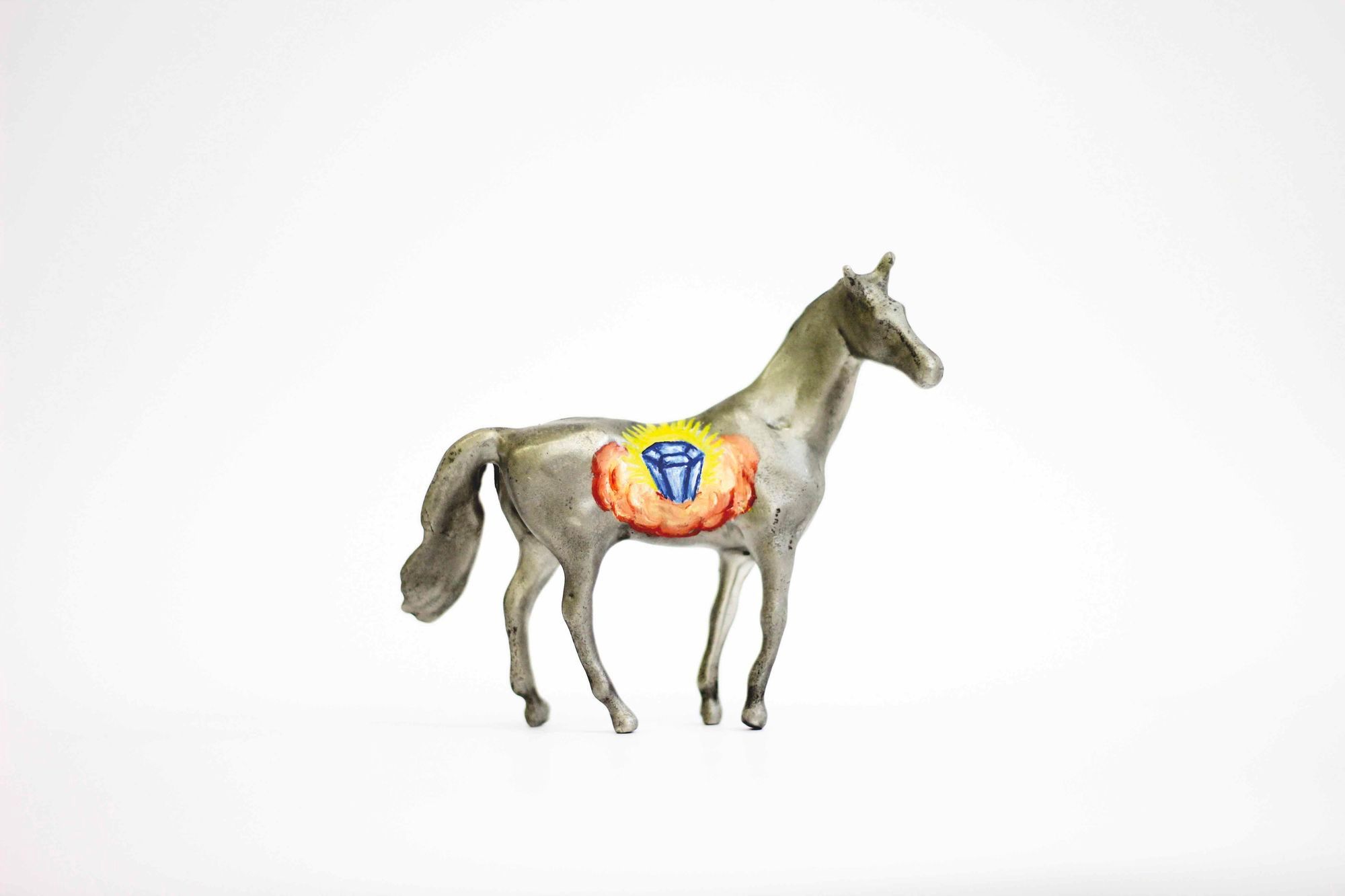Through an artistic practice that is at once visual, textual, and performative, Jill Magid forges intimate relationships within bureaucratic structures – flirting with, seducing, and subverting authority. Her projects probe seemingly impenetrable systems, such as the NYPD, the Dutch Secret Service, surveillance systems, and, most recently, the legacy of architect Luis Barragán, and unsettle these forms of power.
Magid’s works often take the form of elliptical love letters that draw out human qualities in agents of control. These charged encounters are founded on mutual trust, but are also fraught with ethical complications and social asymmetries. Through her works, the artist reframes the complexity, potential intimacy, and absurdity of our relationship with institutions and power.
Ex-Voto at Labor celebrates, and awaits the response to, a climactic moment within Magid's extended, multimedia project The Barragán Archives, which examines the legacy of Mexican architect and Pritzker Prize-winner Luis Barragán (1902–1988). The Barragán Archives poses piercing, radical, and pragmatic questions about the forms of power, public access, and copyright that construct artistic legacy.
In his will, Barragán split his archive into two parts. Along with the vast majority of his architecture, his personal archive remains in Mexico at his home, Casa Luis Barragán—across the street from LABOR—which is now a museum and UNESCO World Heritage Site. In 1995, Barragán’s professional archive, including the rights to his name and work and all photographs taken of it, was purchased by Rolf Fehlbaum, the Chairman of the Swiss furniture company Vitra, who, so it is said, gifted it to his fiancé, Federica Zanco; she now serves as Director of the Barragan Foundation. For the last twenty years, the archive has been publicly inaccessible, housed below Vitra corporate headquarters.

